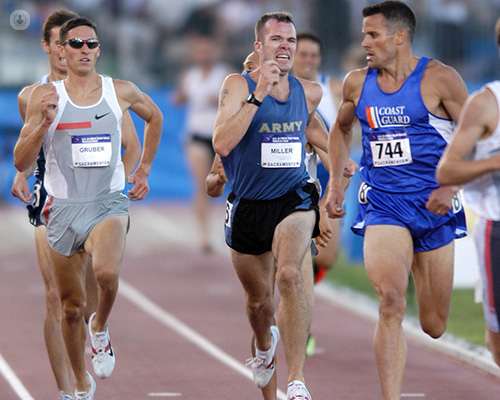

What is sports physiology?
Sports physiology looks at how exercise alters the function and structure of the body. A physiologist monitors how well an athlete performs using special tests and technology that are designed to accurately measure their characteristics. This allows the doctor to advise coaches and athletes on their training and competitions to ensure that they are performing at their best level. The specialty is a very broad field, built-up of coaches, fitness trainers, health educators, athletic trainers and exercise physiologists.

What roles do a sports physiology unit play?
A sports physiology units perform the following roles:
- Identify and monitor the physical and physiological characteristics that contribute to performance.
- Give expert assistance in order to improve the quality of the training and to improve sporting performance.
- Educate coaches and athletes.
- Use the latest in technology to conduct a field-based assessment
Why is a sports physiologist important for athletes?
A physiologist understands how the body responds and adapts to performing in different environments and circumstances, such as high temperatures or altitude. This is important preparation for competitions or for the athlete’s adaptation to training in these environments. It enhances their performance stimulus.
How does physiology have a performance impact?
Sports physiology helps athletes achieve greatness in their performance. The body knows how to train and perform better and recover more quickly.
